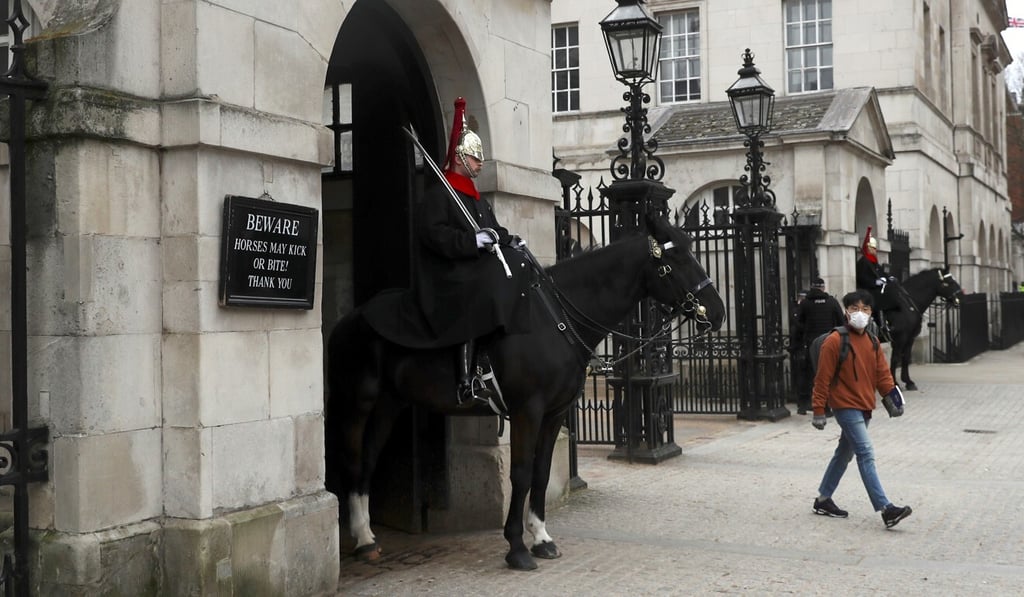Advertisement
Asian Angle | China’s coronavirus ‘victory’ and Britain’s threat of a ‘reckoning’ show two countries out of touch with the post-Covid-19 future
- If a post-Brexit Britain wants change in China, it needs to think about what that change is – and whether it has enough friends left who share those views
- But China, too, should reflect on why a warm relationship has suddenly turned cold
Reading Time:4 minutes
Why you can trust SCMP

Late in March, Chinese Premier Li Keqiang warned local officials not to hide new cases of the novel coronavirus. His warning sounded more like a plea: officials in China today are aware that the Communist Party has declared “victory” over the virus, and bearing news that the war is not actually won could be a sure path to demotion.
Meanwhile, last weekend the British newspaper The Mail on Sunday featured a “senior [UK] government source” claiming that after the coronavirus crisis was over, China would face a “reckoning” and might become a “pariah state”.
Insiders in the Boris Johnson administration let it be known that they wanted to go “back to the diplomatic drawing board” with Beijing when the crisis was over. With the UK currently in lockdown, there is no space for relations between the two countries to gain serious attention in the national media. But a signal is being sent: Britain is angry with China in a way that would have seemed bizarre just two months ago, when Johnson risked the wrath of Donald Trump by allowing Huawei to bid to provide elements of Britain’s 5G network. Yet both China’s virus “victory” and Britain’s threat of a reckoning suggest something more ominous: a lack of reality about the geopolitical future once the disease really has retreated.

In early March, China’s social media sphere, uncensored by the authorities, caricatured Britain’s initial stance of a relatively loose lockdown policy, with some prominent commentators suggesting that the government was undertaking a “social Darwinist” scheme to cull the weak and old. The Chinese government may have found this mockery a welcome distraction from the numerous domestic critics of China’s initial actions in Wuhan, whose comments were being scrubbed out on a near-hourly basis from Weibo during the height of the crisis.
Advertisement
Yet seeing the way that Britain’s policy was being reported in China may have hardened hearts in London.
In fact, Britain’s domestic response to the virus has been science-based and well-received, although it has been criticised for paying insufficient attention to testing. Even Johnson’s critics acknowledged that he had also shown genuine concern that emergency police powers should not unduly affect civil liberties.
Advertisement
Yet in leaking threatening noises to the papers about China, the UK government may be indulging in some distraction activities of its own. The virus has devastated the world economy for the immediate future, and this creates a major issue for Brexit Britain, still due to leave the structures of the EU single market on December 31 with no idea what trading arrangements it will have with the rest of Europe or the rest of the world.

Advertisement
Select Voice
Select Speed
1.00x
